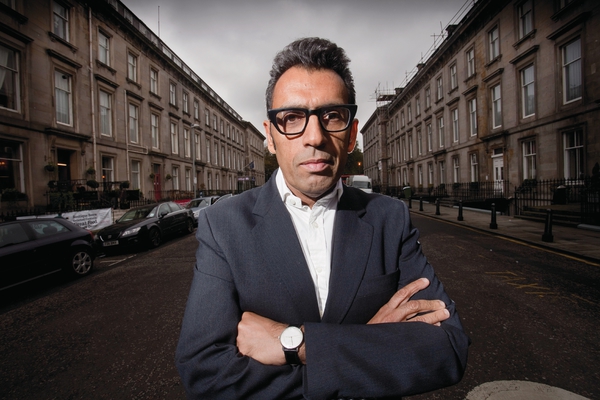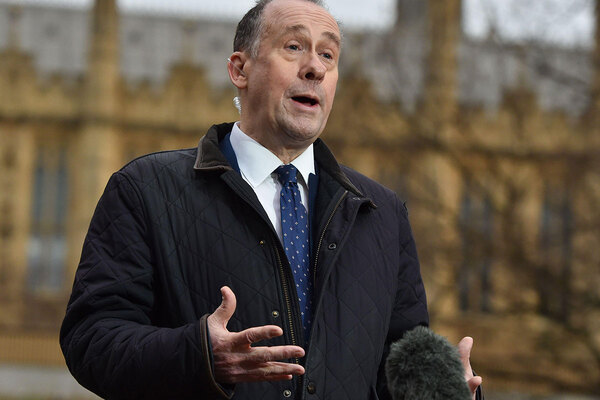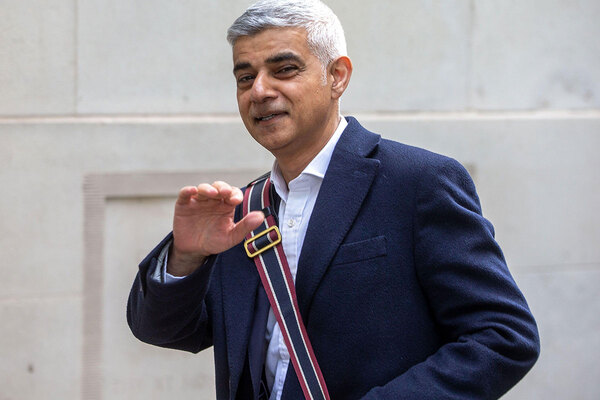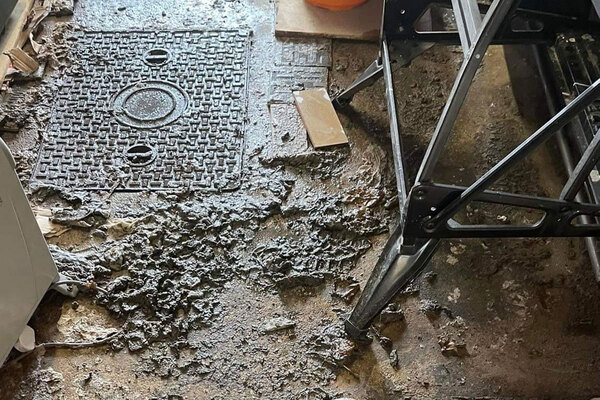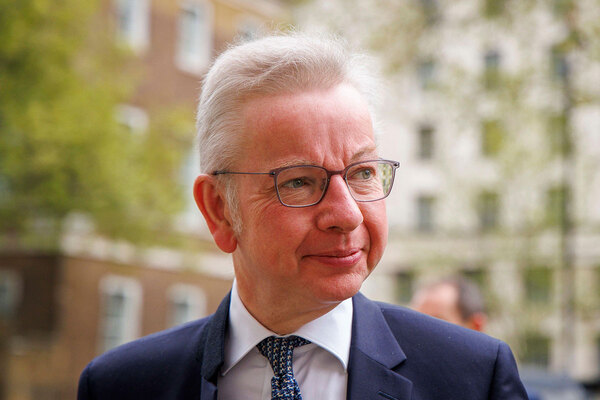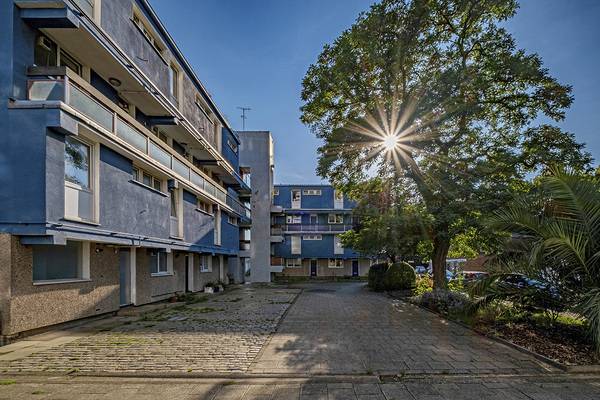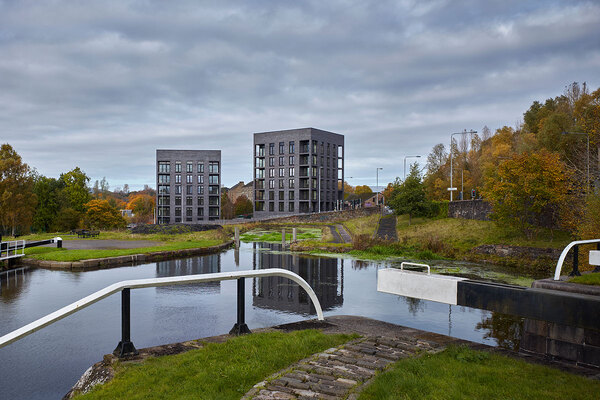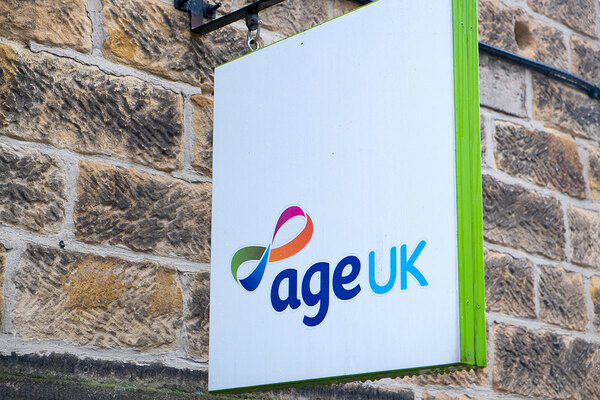Report: Police and 'social injustice' caused riots
Anger with the police and frustration at a lack of social opportunities were among the contributing factors which led to wide-scale rioting across England in August, a new report claims.
The London School of Economics and the Guardian newspaper, combined to interview 270 people who took part in rioting which took place in cities across England earlier this year.
The report, Reading the Riots, was joint funded by the Joseph Rowntree Foundation and the Open Society Foundations and shows that 85 per cent of those interviewed said policing was an important or very important factor in why the riots happened.
A perceived lack of respect from police and problematic relations with the service were factors which rioters said pushed them to cause the mass civil unrest.
Stop and search was singled out as a contentious issue with many feeling it is often used too widely and undertaken in a rude manner.
A range of political grievances were also highlighted, with a sense of injustice – whether it be economic, jobs or opportunity – top of the list.
Many felt they were treated differently to others in society while some blamed the increase in tuition fees and scrapping of the Education Maintenance Allowance as reasons for the rioting.
However, a number of those questioned admitted that their involvement in looting was simply down to opportunism and a chance to obtain free stuff they could not normally afford.
A full report will be published on 15 December and Darra Singh, chair of the Riots Communities and Victims Panel, said the findings mirrored some of those his group discovered.
Mr Singh said: ‘The Riots Communities and Victims Panel spoke with 20 people who rioted and thousands of people in communities who knew rioters and witnessed the disorder. Our remit was to reflect the views of communities and victims.
‘Through original research the panel also identified that between 13,000 and 15,000 people were actively involved in the disorder.
‘We identified that rioters’ motivations included the perception that they could loot without consequence, and for some - as the Guardian have also found - a desire to attack the police.
‘The focus for the second phase of the Riots Panel’s activity is to look more closely at the underlying causes of rioting we identified including youth unemployment, trust with the police, the role of brands and consumerism, values and parenting.
‘As such we look forward to seeing more of the Guardian and LSE’s findings.’
